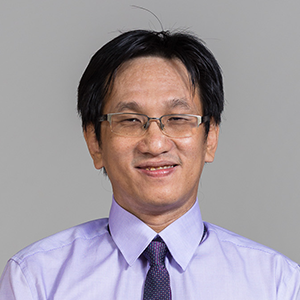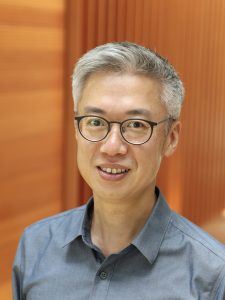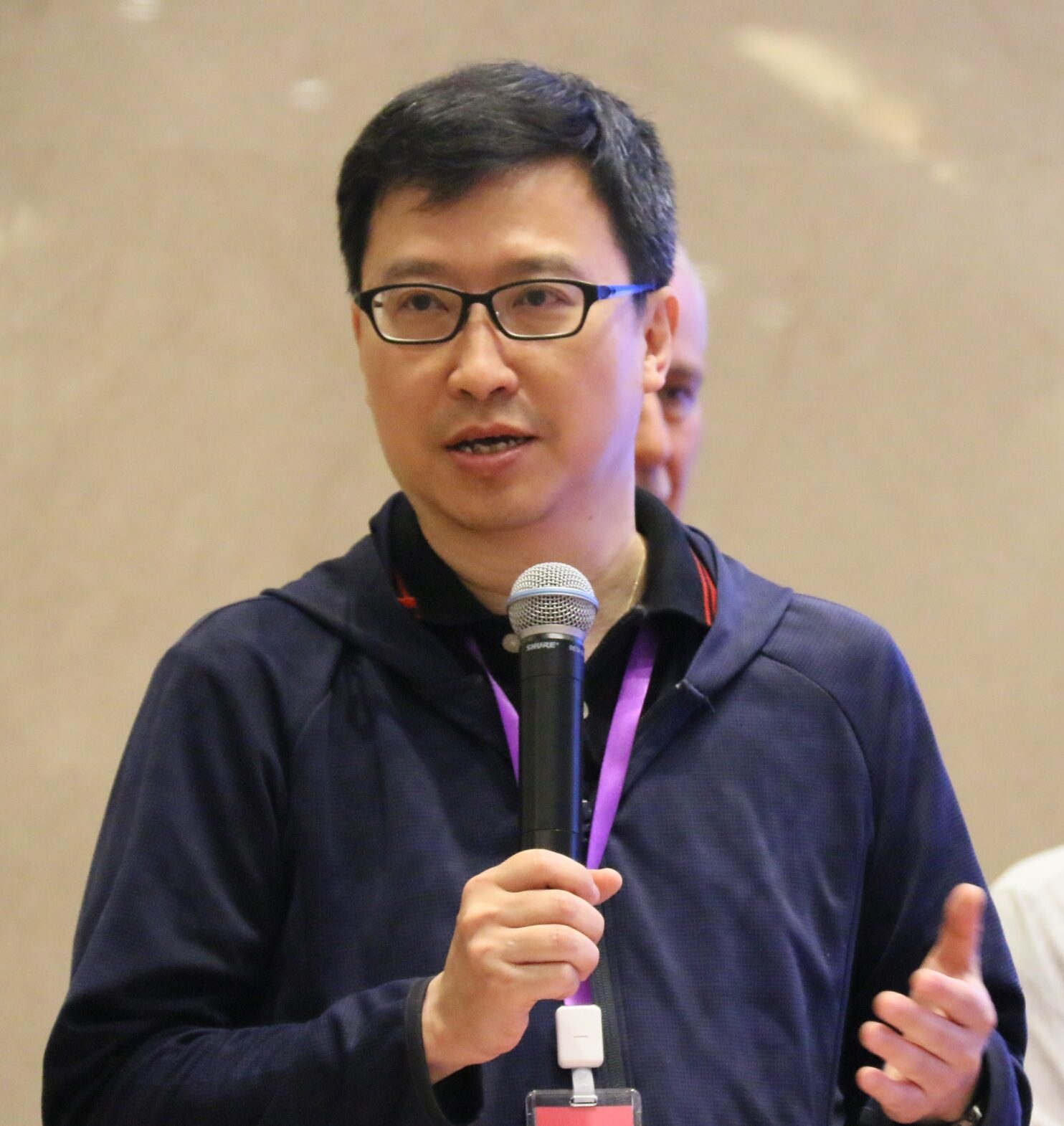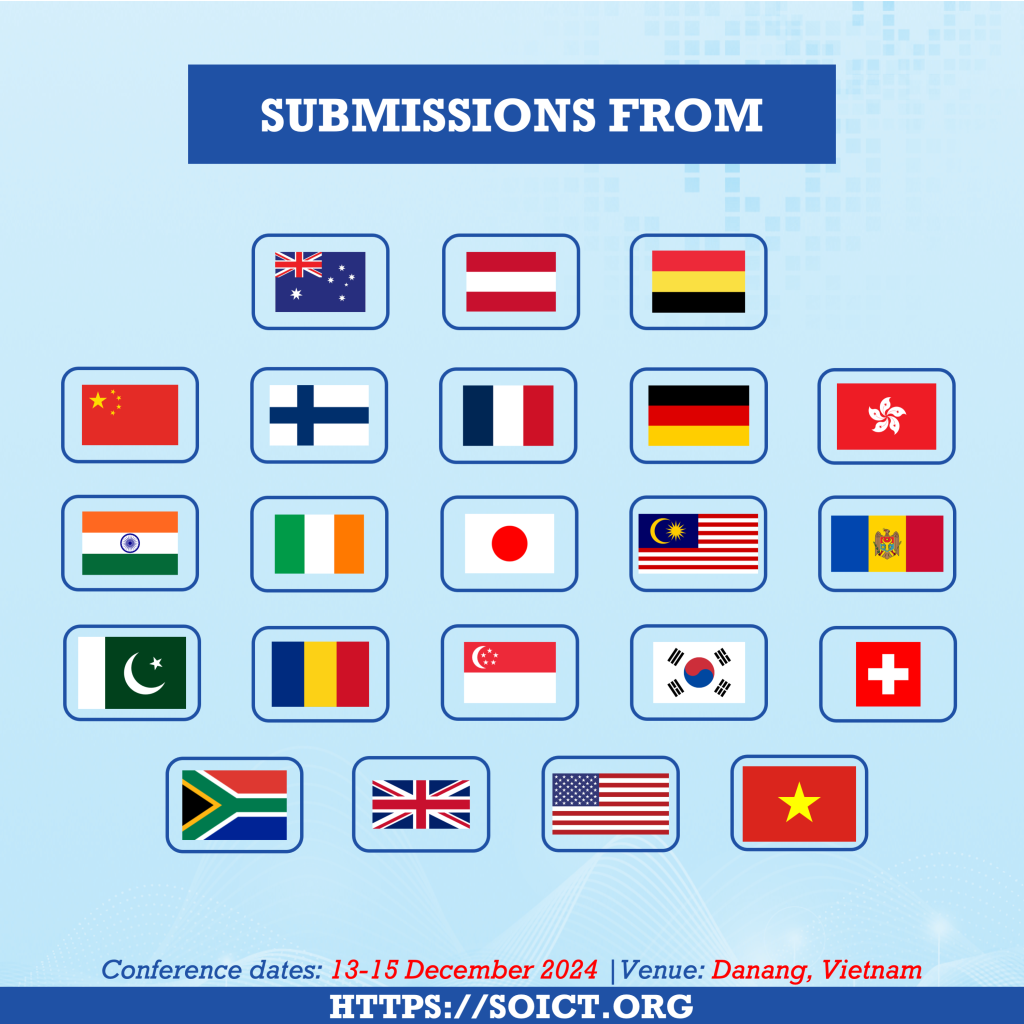Keynotes
Anthony K. H. Tung is currently a Professor in the Department of Computer Science, National University of Singapore (NUS). He received both his B.Sc.(2nd Class Honour) and M.Sc. in computer sciences from the National University of Singapore in 1997 and 1998 respectively. In 2001, he receives the Ph.D. in computer sciences from Simon Fraser University (SFU).
Being Small in the Era of Large Models: Enabling Prudent AI with Lightweight, Just-in-Time AI Boxes
In an era dominated by massive foundation models, smaller players risk being left behind—unable to afford the scale, data, or manpower that large AI systems demand. This talk introduces the concept of Prudent AI—an approach that emphasizes right-sized, lightweight, and explainable intelligence delivered through just-in-time, Plug-and-Play AI Boxes. Focusing on applications like early anomaly detection in multivariate time series, we demonstrate how our AI Boxes use sparse data, minimal compute, and human-guided refinement to detect rare but critical events. The architecture integrates symbolic reasoning, data-driven refinement, and secure edge deployment, showing how being small can actually be a strength in resource-constrained settings. Through this, we reimagine how organizations can adopt AI that is transparent, agile, and sustainable.
Associate Professor Josiah Poon leads a research group in the School of Computer Science at the University of Sydney. He specialises in machine learning, natural language processing and data driven decision support. The group investigates visually rich document understanding and multimodal AI and has produced widely used datasets, open toolkits and benchmarks that support academic and industrial projects. The work appears in leading conferences and journals across natural language processing, computer vision and health informatics and has influenced evaluation practices in document intelligence. The team focuses on building practical systems that deliver reliable evidence extraction, robust cross domain performance and efficient deployment. They collaborate with partners from diverse industries to translate research into operational solutions and to validate methods on real world tasks. In 2025 the group published a book Natural Language Understanding in Conversational AI with Deep Learning, which provides pragmatic guidance for building conversational systems in different domains.
Designing Multimodal Driven NLP for a Fluid World
Like water that adapts to any container, documents need Natural Language Processing (NLP) systems that adapt and move across modalities pages and scales to find verifiable evidence. In this talk, I will share a practical agenda to build NLP systems that ingest text, images, layout, tables and figures and produce traceable answers. We emphasise three pillars: integration, learning and retrieval. Integration: fuse multimodal features and layout aware encodings so text and visual content are interpreted together. Learning: train specialist teachers across modalities and distil their feature knowledge into compact deployable students for NLP tasks. Retrieval: adopt a retrieval first approach, using multipage and multimodal retrieval to find candidate passages, tables and figures, then chain those candidates into a clear evidence trail. I demonstrate how graph-based encodings and multiscale reasoning work together, and how multiteacher distillation compacts expert knowledge into deployable students. Then, with concise multimodal case studies and retrieval centric metrics, I show measurable gains in evidence grounding, generalisation and operational readiness. I conclude with practical measures to control complexity and annotation cost, and present simple experiments and evaluation criteria for different domains.
Vincent Wong is a Professor in the Department of Electrical and Computer Engineering at the University of British Columbia, Vancouver, Canada. His research areas include protocol design, optimization, and resource management of communication networks, with applications to the Internet, wireless networks, smart grid, mobile edge computing, and Internet of Things. Dr. Wong is the Editor-in-Chief of the IEEE Transactions on Wireless Communications. He is a Fellow of the IEEE, Canadian Academy of Engineering, and the Engineering Institute of Canada.
Machine Learning for Integrated Sensing and Communication
Integrated sensing and communication (ISAC) is a key technology for the sixth-generation (6G) wireless networks, where the same spectral and hardware resources are used for both communication and environmental sensing. Many optimization problems in ISAC require accurate sensing and communication channel models, which are often difficult to obtain. Machine learning (ML) is a powerful tool for solving ISAC problems by enabling data-driven solutions that can bypass the reliance on explicit models. This talk will explore how ML techniques can improve ISAC performance beyond traditional optimization approaches. Two case studies will be discussed: sensing-assisted predictive beamforming and cooperative sensing through ML. These examples will demonstrate the potential of ML to enable end-to-end signal processing for ISAC in 6G wireless networks.
John C. S. Lui is the Choh-Ming Li Chair Professor in the Department of Computer Science and Engineering at The Chinese University of Hong Kong. His research interests include the quantum Internet and the theory and applications of online learning and optimization. He has served as a visiting professor at UCLA, Columbia University, Caltech, the University of Maryland, Purdue University, the University of Massachusetts Amherst, INRIA (France), and NII (Japan). He currently serves as a senior and associate editor for various IEEE and ACM Transactions and has received numerous best paper awards at IEEE and ACM conferences, as well as teaching awards from CUHK. He is a Fellow of the ACM and IEEE, and a Senior Research Fellow of the Hong Kong Research Grants Council (RGC) and the Croucher Foundation. His personal interests include films and general reading.
Quantum Internet: The Final Frontier
In this talk, I will begin with a brief introduction to quantum computing, highlighting the importance and opportunities for pursuing fundamental research in the quantum Internet. In particular, I will discuss how quantum networks can enable quantum information transmission, parallel processing, and distributed processing. Next, I will introduce online learning theory and explain how it can help us explore compelling challenges in building quantum networks and the quantum Internet. To this end, I will delve into the quantum path selection problem, as well as the quantum border gateway protocol (QBGP) if time allows. Finally, I will outline several exciting open research problems at the intersection of quantum networks and quantum computing.





